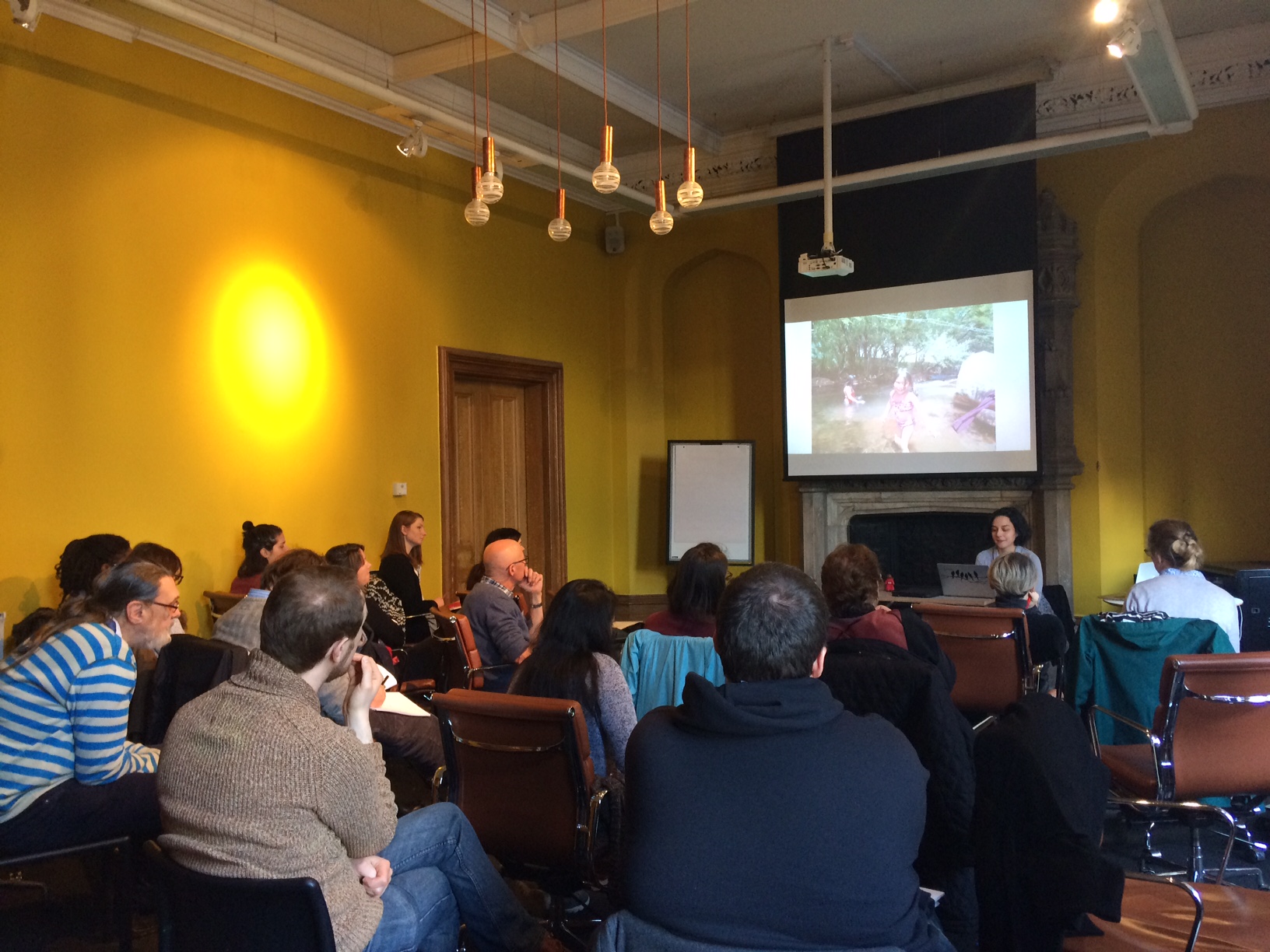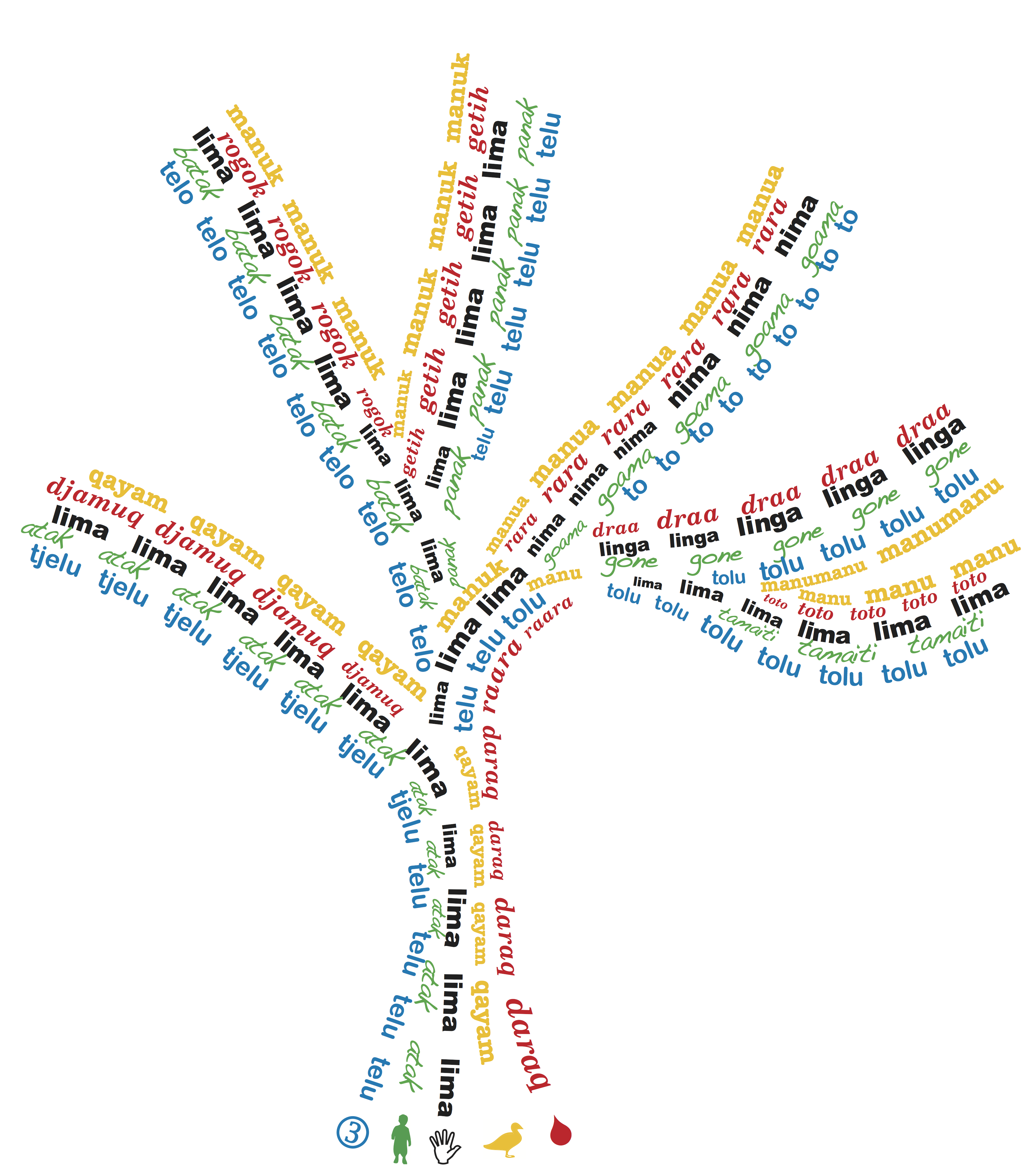VariKin on the radio
Fiona recently gave an overview of the VariKin project for CoastFM and SourceFM in Cornwall. She talked to Ben Makin on his Celebrity Science show about our three projects on kinship term evolution and the KinBank database, kinship language usage, and fieldwork on acquisition by children. The conversation ranged further into speculation on how the language … Read more

